Search Results
Showing results 161 to 180 of 742
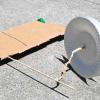
Rubber Band Racer
Source Institutions
In this activity, learners construct speedy vehicles made out of paper plates and powered by twisted rubber bands.
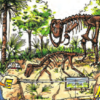
Dinosaur Interaction
Source Institutions
In this activity, learners explore why animals, specifically dinosaurs, live in families.
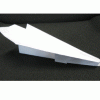
Evolution in Plane Sight
Source Institutions
In this activity, learners model directed evolution by making paper fly. Learners construct and fly paper airplanes.
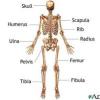
Bones
Source Institutions
In this health activity (page 5 of the PDF), learners will explore a unique connection betweeen the bones of the body.

Extreme Lifestyles
Source Institutions
In this matching game, learners study the limits of life on Earth to see what other places in the solar system might sustain microbial life.
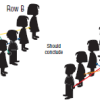
Target Recognition and Synapse Formation During Development
Source Institutions
In this activity about neuron/target muscle recognition (page 44 of the PDF), learners arranged in two rows facing away from each other use string to simulate neural development.
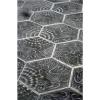
Geometry: Tiling the Plaza
Source Institutions
In this math lesson, learners arrange pattern blocks to create tessellations and to explore geometric patterns. Learners first explore making patterns with a variety of pattern blocks.
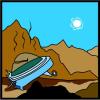
Chances Are: OH NO! Look Out Below for a UFO
Source Institutions
In this math lesson (on Page 13), learners predict and simulate the likelihood of an event occurring.
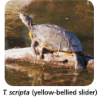
What's in the Water?: Biotic and Abiotic Elements in Aquatic Ecosystems
Source Institutions
In this investigation learners explore the differences between, and interdependence of, living and nonliving elements in a water ecosystem.
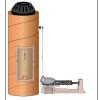
Rocket Wind Tunnel
Source Institutions
In this activity, learners evaluate the potential performance of air rockets placed inside a wind tunnel.
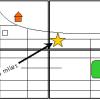
Solar System in My Neighborhood
Source Institutions
In this activity, learners shrink the scale of the vast solar system to the size of their neighborhood.
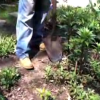
Lilliputian Landscaping
Source Institutions
In this activity, learners examine the different materials gardeners add to their soil, and discuss how these materials are important for plant growth.
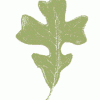
Describing Oak Leaves
Source Institutions
Learners work in teams to investigate how scientists use physical characteristics to classify living things.
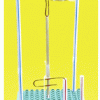
A Simple Escapement Mechanism
Source Institutions
In this activity, learners build a simple mechanism that regulates the "escape" of energy released by a falling weight by portioning it into discrete amounts.
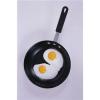
Biochemistry Happens Inside of You!
Source Institutions
In this four-part activity, learners explore how the body works and the chemistry that happens inside living things.

A Matter of Splatter
Source Institutions
In this math-based activity, learners will experiment to find how height and angle affect spatter and then use this knowledge to solve a crime.
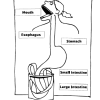
Traveling Tapeworm
Source Institutions
In this "gross" activity (on pages 34-46), learners make a life-size model of a human digestive tract, and follow the life of a beef tapeworm as it makes its way through.
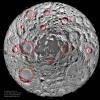
Shapes and Angles
Source Institutions
In this activity (page 7 of PDF), learners will identify the general two-dimensional geometric shape of the uppermost cross section of an impact crater.
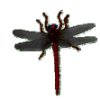
Going Buggy: Three Body Parts
Source Institutions
In this fun snack and craft activity, young learners make "Ants on a Log" and their own model of an insect. The purpose is to learn the three main insect body parts—head, thorax and abdomen.
Properties of Metals
Source Institutions
In this activity, learners explore the properties of metals at four stations. The stations include A) Magnetism and Breakfast Cereal; B) Conductivity of Metals; C) Alloys; and D) Metal Plating.
